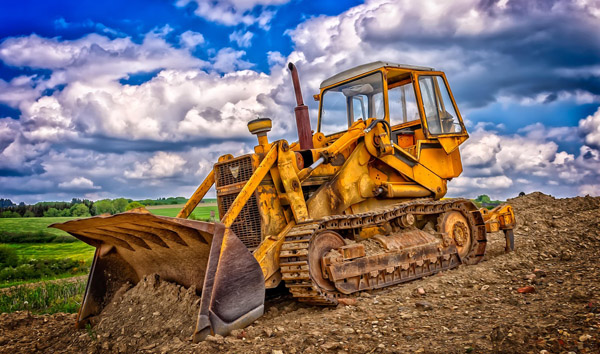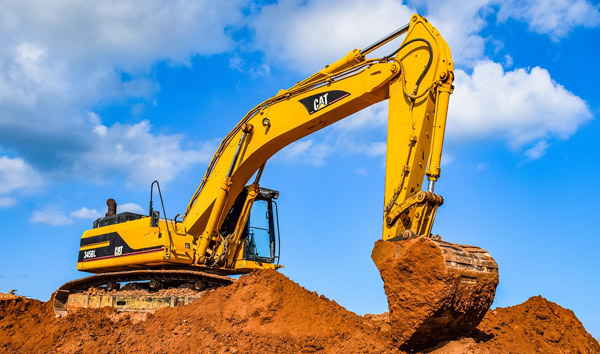The Future of Grain Handling: Advanced Agricultural Loaders
2025-07-25 03:40:28
Agricultural loaders are indispensable in grain handling, streamlining the process of loading, transporting, and unloading bulk grains. These machines are designed to handle large volumes with minimal spillage, reducing waste and labor costs. Modern agricultural loaders come equipped with high-capacity buckets, hydraulic systems, and ergonomic controls, ensuring smooth operation even in demanding conditions. Farmers increasingly rely on these machines to maintain efficiency during peak harvest seasons.
The integration of automation in agricultural loaders has significantly improved grain handling accuracy. GPS-guided systems and load-sensing technology allow operators to optimize bucket positioning, minimizing grain loss. Additionally, telematics provide real-time data on fuel consumption and maintenance needs, enhancing operational transparency. These advancements make agricultural loaders a smart investment for large-scale grain producers looking to maximize yield and reduce downtime.
Durability remains a critical factor in agricultural loaders, especially when handling abrasive grain materials. Manufacturers now use reinforced steel frames and wear-resistant linings to extend equipment lifespan. Some models feature quick-attach mechanisms, allowing farmers to switch between grain handling and other tasks seamlessly. The ability to adapt to different grain types—from wheat to soybeans—makes these machines versatile assets in diversified farming operations.
Sustainability is another key focus in the development of agricultural loaders. Electric and hybrid models are emerging as eco-friendly alternatives, reducing carbon emissions without compromising performance. Energy-efficient hydraulic systems and regenerative braking further lower operational costs. As environmental regulations tighten, farmers must consider how agricultural loaders align with sustainable grain handling practices.
Looking ahead, the demand for agricultural loaders in grain handling is expected to grow, driven by the need for higher productivity and precision. Innovations such as AI-powered grain monitoring and autonomous operation are on the horizon. For farmers, selecting the right agricultural loader involves evaluating capacity, technology, and long-term cost benefits. With the right equipment, grain handling can become a seamless, high-efficiency process.














